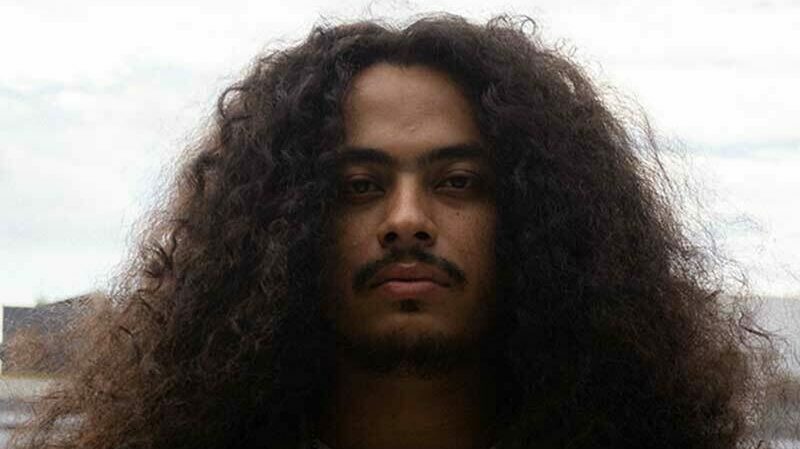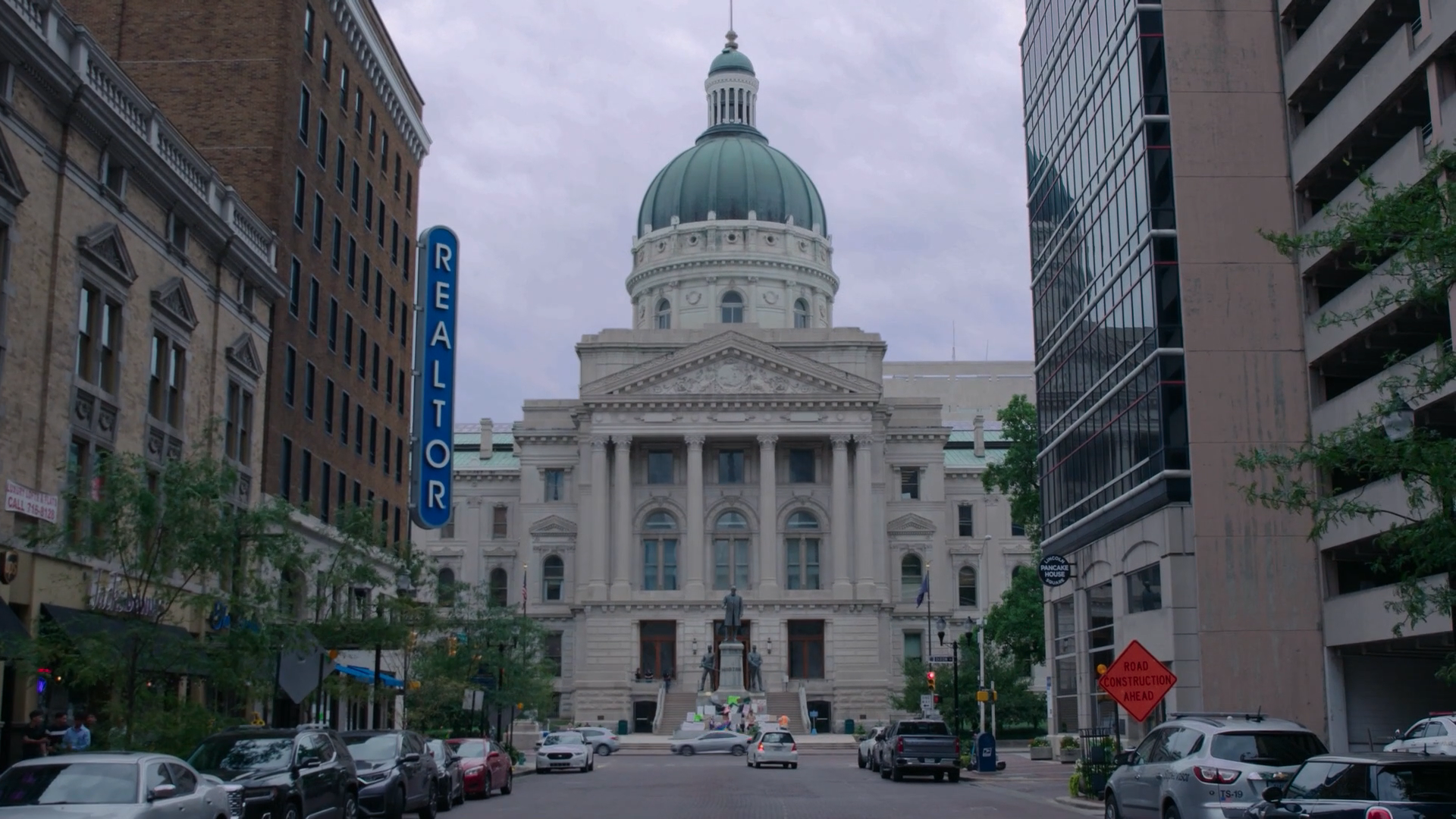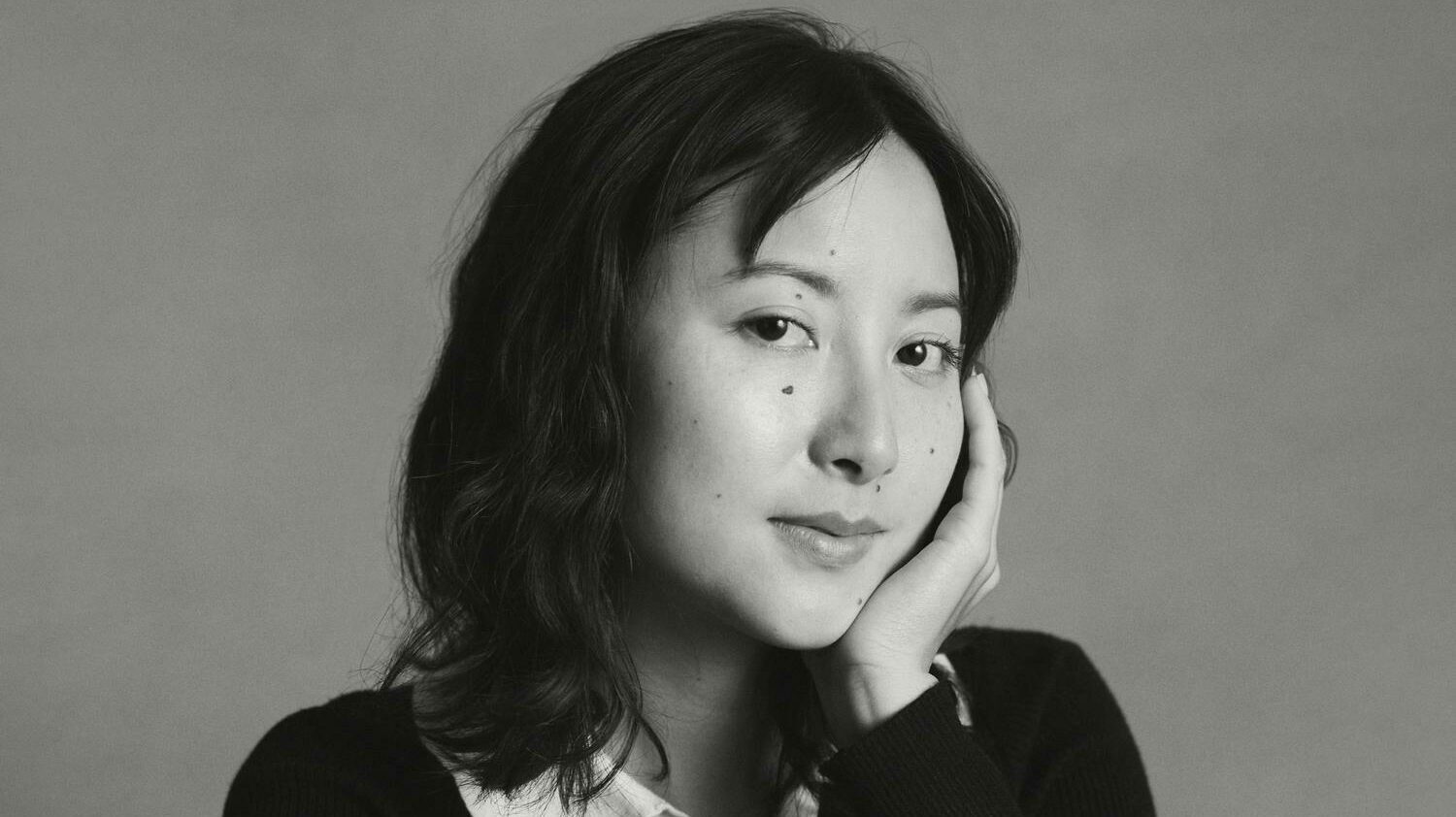Sneaker Enthusiast and 'DC's Shoe' Filmmaker Jacob Garibay Talks New Balance in DC
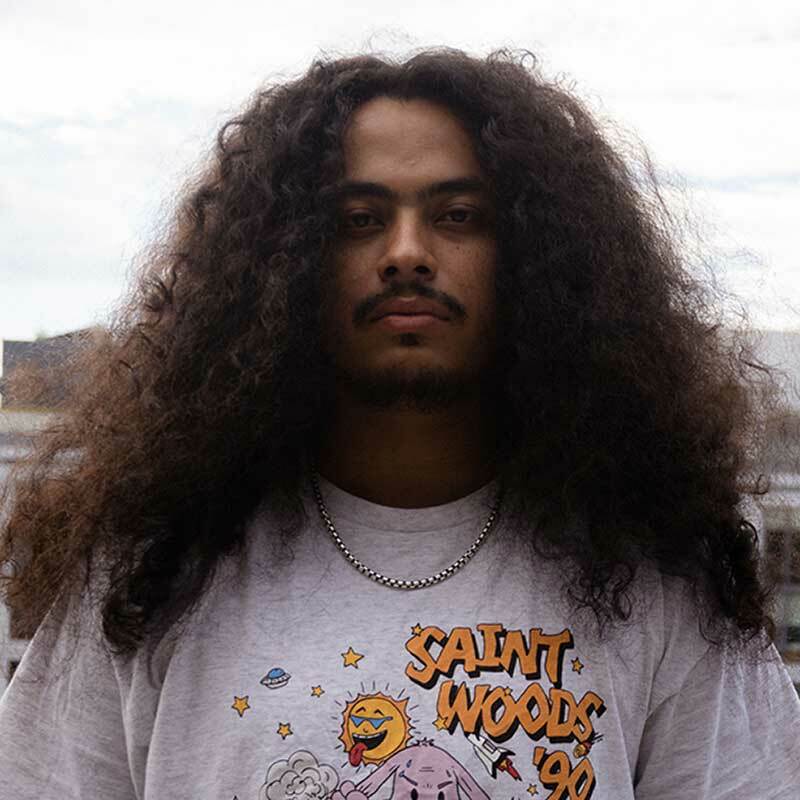
Chelsea Bandi: Tell me more about your background in DC and what inspired you to create a film about New Balance shoes in this area.
Jacob Garibay: I’m a proud Washington, DC, native who’s been into sneakers my entire life. From the time I was a baby, my parents always made sure I had new releases and nice shoes I could wear every day. As I got older and started making my own money, buying nice shoes was just second nature. Now working in the industry, I have a reputation in the sneaker community built on being somebody who’s honest, hardworking, and respectful of others. This gave me the confidence to embark on a project like this that holds so much significance to the community. I wanted to be able to blend my passions: footwear and my hometown of Washington, DC. It wasn’t my original intention to build a short film, but as the stars aligned and I compiled interviews, there was so much good content that I couldn’t leave out. I’m just proud of what I’ve been able to accomplish and beyond excited to see everyone who worked on this with me get the recognition they deserve.
Chelsea: The DC natives you interview have stayed loyal to the New Balance brand since childhood. Why do you think New Balance has stayed so popular in DC compared to other shoe brands?
Jacob: So many factors play into maintaining relevance that it’s difficult to point to one reason, but I’ll give my best guess. Introducing newness at a pace people are comfortable with is integral in building a consistent footwear business. In this market, people are always looking for the next thing to beat the trend; the brands that can meet their consumers’ needs will win. Some brands have drop-in-the-bucket moments here — like DC skate shoes (you can lie and say this wasn’t a thing if you want, but I remember it vividly) — and I think that’s more indicative of the fashion those shoes were associated with versus an enduring presence.

Chelsea: The "dad shoe" trend has grown extremely popular over the years and is closely tied to the New Balance shoe models. How is this trend helping or hurting the New Balance culture in DC and elsewhere?
Jacob: I think more than anything people are just invested in wearing a good looking shoe that’s comfortable. I would prefer to not see young people wearing Monarchs though... We have to look to teenagers and young adults to tell us what’s cool.
Chelsea: How have DC natives' passion for New Balance influenced shoe culture around the nation?
Jacob: Simply put, we were a community that understood the value of a good looking, quality sneaker and quietly adopted it as an everyday look. I think the passion lies within anything that looks good. I can’t confidently say there’s been a ripple effect from DC to the nation — like the start of the film references, we’re still most known for government, politics, and tourism. It was the untold, unnoticed yet authentic nature of this story that made it so appealing to me.

Chelsea: What are you hoping viewers take away from your film?
Jacob: No matter where you’re from, you have a story to tell and it is important. I want viewers to understand how important it is to celebrate culture and tell stories so they don’t get lost. And if there are any actionable steps, I’d hope more than anything that underrepresented communities realize their buying power and the impact they have on popular culture.
Chelsea: Your film highlights that there are so many different New Balance shoe models. What’s your favorite model?
Jacob: Funny enough, I haven’t been wearing many New Balance lately. I think a lot of brands are chasing one another and trying too hard to chase trends and collaborations that may not make sense. To me, it’s a reflection of the current state of commercial footwear and the expansion of the demographic of people who consider themselves a “sneakerhead.” The moments that made shoes special don’t quite seem to exist anymore. Yet, when I can find a shoe truly rooted in a brand’s DNA, it resonates with me.
DC's Shoe: The Origin of New Balance in Washington DC
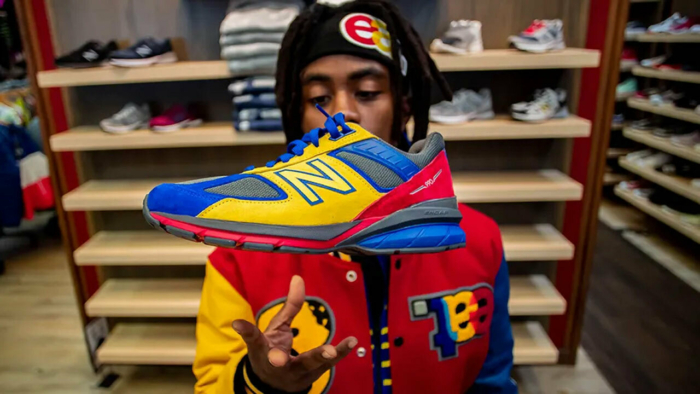
About the Author
More like this
Visit the Behind The Lens Blog